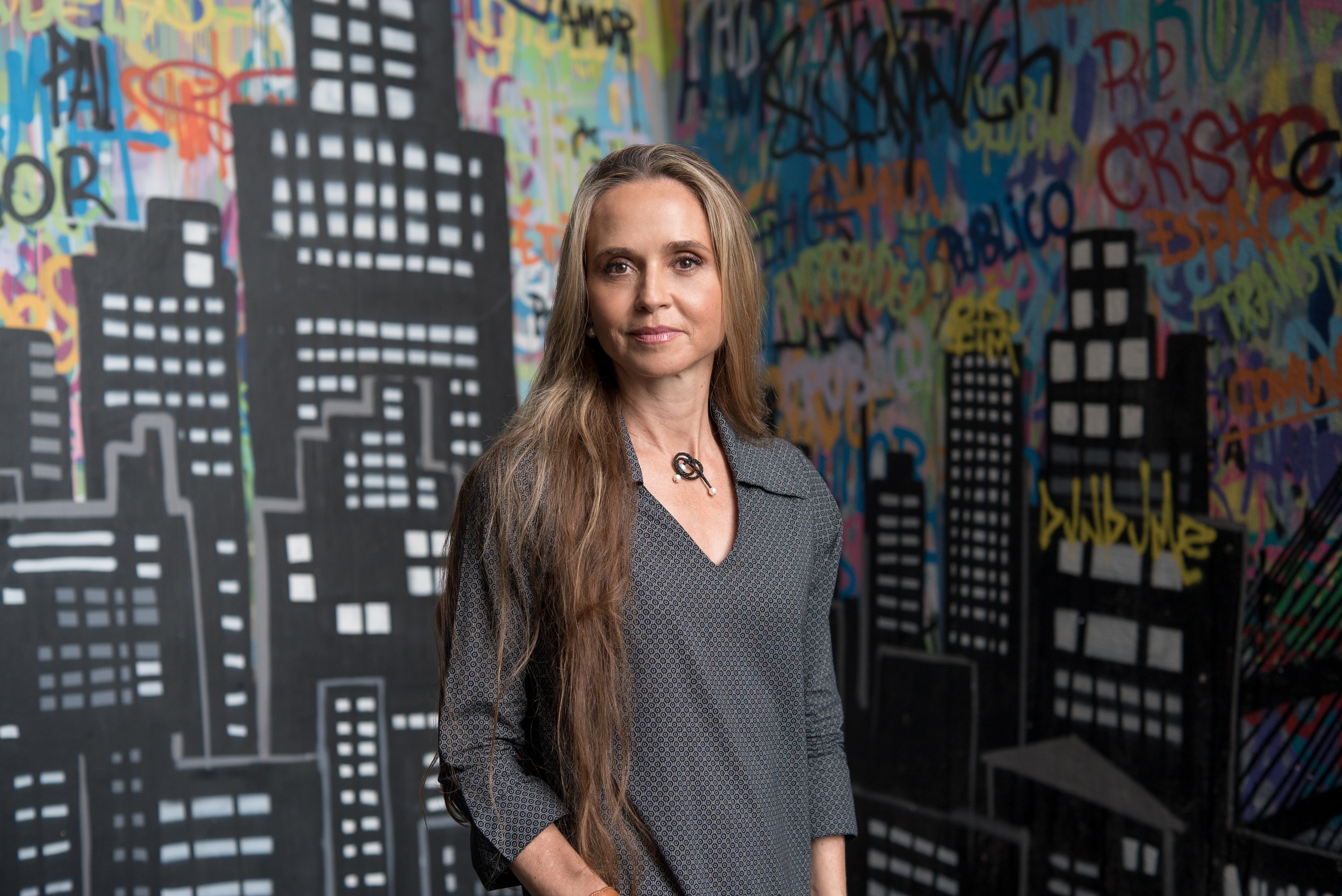Patrícia Villela Marino, president of Humanitas360 Institute
Article originally published at Brazilian newspaper Estadão, in April 16. Read the original:
https://politica.estadao.com.br/blogs/fausto-macedo/reinvencao-da-sociedade-deve-incluir-sistema-carcerario/
Last month, New Jersey State Attorney General Gurbir Grewal – formerly a prosecutor – signed an order to place under house arrest about 1,000 people in the region. “When this epidemic ends, I need to be able to look my daughters in the eye and say that I did everything I could to protect the lives of New Jersey residents, including those who are incarcerated,” he said. Iran did so with some 85,000 people arrested, and cities like New York and Cleveland.
In Brazil, in an attempt to contain the advancement of the new coronavirus in the prison system, the National Penitentiary Department (Depen) opted to restrict temporary visits and exits, arguing that these procedures would be aligned with the core recommendation of medical and health authorities to maintain the social isolation. Four out of ten prisons do not have medical offices, about half do not have a pharmacy or medicine storage room and more than 80% do not have a washing and decontamination room, according to a survey by the Public Agency. In addition, about one hundred thousand workers enter and leave criminal units every day – so this measure is far from upholding isolation standards to the degree that most people with liberty, as far as is possible, have practiced. It is, indeed, a confinement, and in a double sense: already imprisoned, now without the right to have contact with those who give them a sense of social belonging.
Some Brazilian courts have authorized the release of people arrested in at-risk groups in several states, despite the Executive’s guidelines. According to Depen, 32,000 people were temporarily released due to the pandemic – and there are no known public safety repercussions. On the contrary, the government itself again perpetuates a naively punitive mentality, instructing authorities to collect reports of serious crimes that allegedly would be committed by those who were released from jail.
We are already familiar with punitive and conservative proposals such as that of “excluding illegality” and Plea Bargain – the latter, by the way, copied from the United States, and one of the reasons why the country led by Donald Trump is the world’s largest incarcerator. There – a country that the current Brazilian government so closely mirrors – a point of note is that the Attorney General William Barr recommended federal prisons increase the use of house arrest as a result of the pandemic. It is time for new ways of thinking and inclusiveness in this critical moment of social innovation.
Different solutions could solve, for example, the case of 33% of people incarcerated in the country still without a final sentence, or of the more than 125 thousand (17%) under semi-open sentences, that is, those who already live part of their days outside prison. Without overruling face-to-face meetings, in-person visits can be alternated with video calls. Many families cannot cannot afford to visit their family members behind bars every weekend, and a virtual option is cost and time-efficient. This is a project that Humanitas360 Institute has been introducing in an immediate-implementation testing phase, in partnership with the National Council of Justice in the state of Maranhão.
For the past two years H360 has been working within prisons to build social cooperatives, creating networks for people at a disadvantage (this is the term of the law) to have the opportunity to improve their knowledge in manual arts and biodynamic planting, producing original textile articles and organic food.
The work of the prisoners, instead of being mechanical and underpaid, promotes a sense of belonging and an entrepreneurial spirit to support people in inspiring the possibility of running their own businesses, being an active and positive decision-maker, and also exercising the freedom of their creative and associative skills. This contributes to a real and regenerative preparation process for the return to living in society. Not only that: it offers a new way of seeing and taking responsibility for the value of those that make up our prison population.





